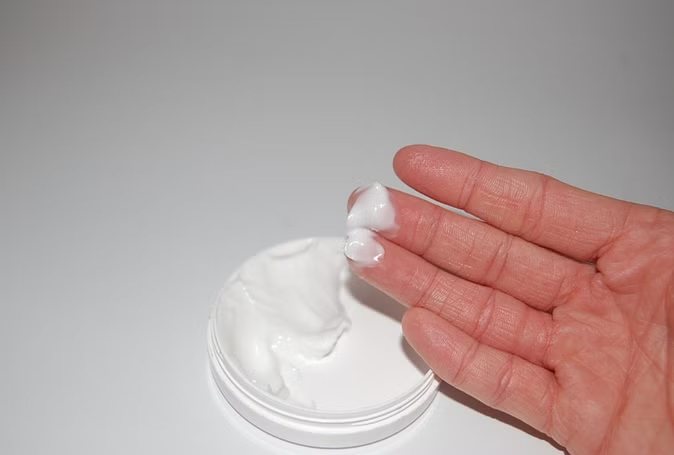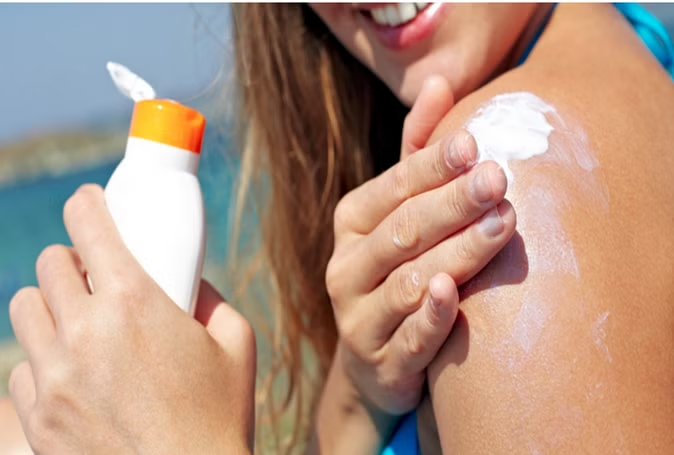The harmful rays of the sun are heating the earth. Heat waves with intense heat have troubled the people. However, even in scorching heat, it is necessary to leave the house for important work. In such a situation, it becomes necessary to provide extra nutrition and a protective shield to the skin. Means like full sleeve cotton clothes to sunglasses help but 'sunscreen' is effective in protecting from the harmful rays of the sun. A good sunscreen provides a layer of protection on the skin. This not only protects the skin from harmful rays but also provides necessary moisture and nutrition to the skin. But can any sunscreen be applied to the skin? Is it important to keep some things in mind regarding sunscreen? How to choose the right sunscreen? Know the answers to these questions related to sunscreen that protects the skin in summer.

Why should one apply sunscreen?
Not only to protect the skin superficially from the harmful rays of the sun, sunscreen is also capable of preventing many serious diseases. This is why experts recommend applying sunscreen while going out in the sun, not only in summer but in every season. It is advised to wear sunscreen even while at home.
Keep these things in mind while using sunscreen
-Sunscreen should be used as per the time limit. If you are out of the house for more than 4 hours, you will have to apply a layer of sunscreen on the skin at least twice.
-Many types of sunscreens will be available in the market. Available in this range from lotions, and creams to pills. The important thing is which sunscreen suits you according to your skin. Lotions can also be both water and oil-based. Therefore, it is important to keep your skin type in mind when buying sunscreen. For example, oil-based lotion will not be good for oily skin.
-When buying sunscreen, read the product details. Choose a sunscreen that offers more protection, such as one that protects against both UVA and UVB rays. Such products come under broad-spectrum products. Which have many types of security layers.
-It is important for SPF i.e. Sun Protecting Factor to be 30 or more. The higher the SPF, the more protection. For example, a sunscreen with SPF 15 blocks about 93 percent of UVB rays from reaching the skin. Whereas the use of SPF 30 can filter 97 percent of the rays, the use of SPF 50 can filter 98 percent of the rays and the use of SPF 100 can filter 99 percent of the rays. That means no one guarantees 100 percent security.
-According to experts, using SPF 15 or less can protect you from maximum sunburn. It is not able to prevent skin cancer and premature signs of age on the skin.
-If you are going to the beach or any other watery place and are going to use water-resistant sunscreen, then keep in mind that such sunscreens are not waterproof. Water resistance sunscreen means that its effect remains for a maximum of 1 hour even if you stay in water or sweat. Therefore, in such a situation, using sunscreen every 2 hours may be the best option.

-Along with chemical sunscreens, mineral-based sunscreens, sprays, etc. are also available in the market. If you have a lot of difficulty in choosing among these, then take advice from an expert once.
-For dry skin, choose sunscreens that have enough ingredients to keep the skin moisturized. Such as sunscreens containing glycerin and hyaluronic acid. Generally, any sunscreen can be chosen for normal skin.
For oily skin, oil-free, lightweight, and matte-finish sunscreens can be chosen. These will help in absorbing extra moisture from the skin and will also provide protection.
-If your skin is more sensitive then you can choose physical sunscreen or you can adopt any sunscreen on the advice of your doctor. Physical sunscreen is also known as mineral sunscreen. People with such skin types should avoid using sunscreens with fragrance or more chemicals.
(PC: Pixabay)










